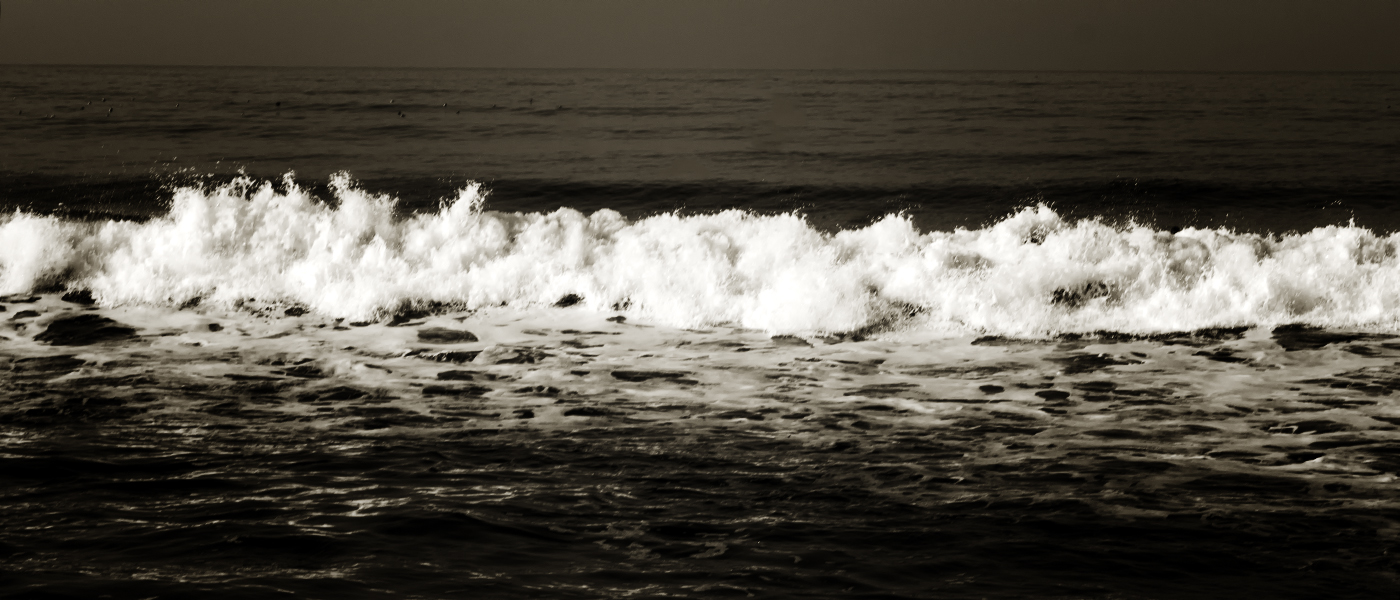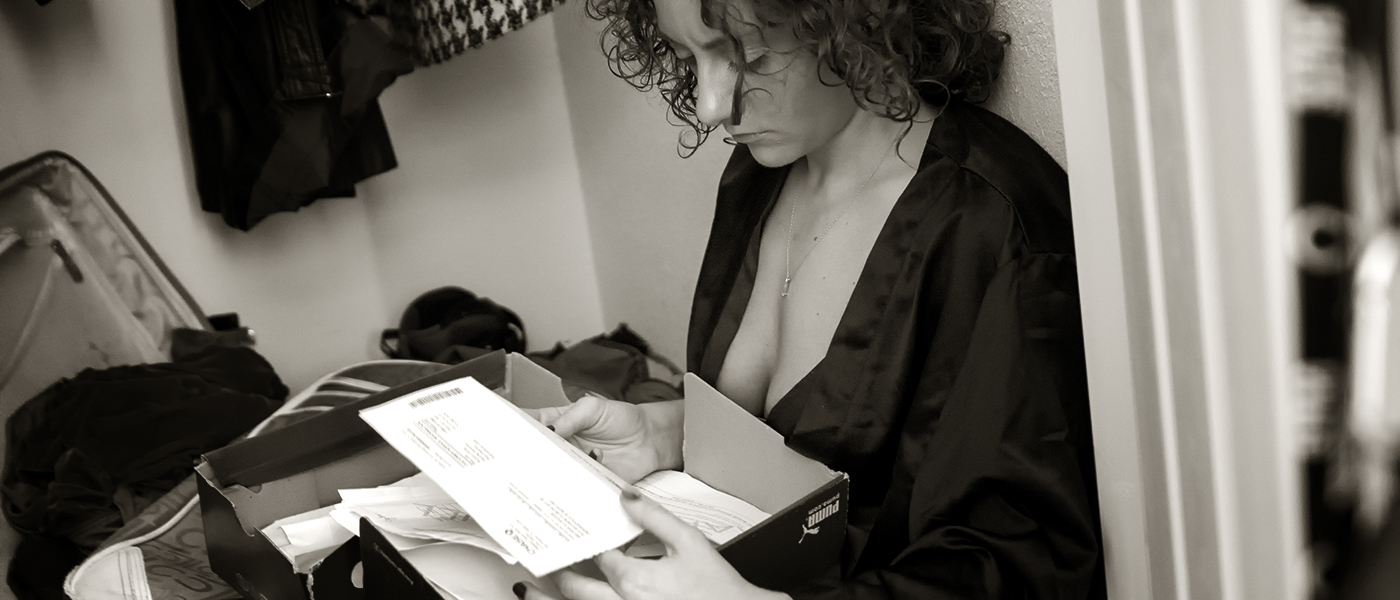No one likes a bully

The short version
The president-elect is not making himself popular among our European allies. He has criticized German Chancellor Angela Merkel, called NATO outdated, and threatened the German auto industry with a 35% tariff. Europe is not responding positively to such aggression and is making it well known that they have every intention of standing up and not taking any bullying from the president-elect once he’s in office. The rhetoric is getting tense.
The actual offense
This whole mess started over the weekend when the Great Orange president-elect criticized German Chancellor Angela Merkel for her country’s acceptance of a large number of refugees from Syria and other countries. His remarks were part of an interview with the Times of London that appeared in Sunday’s edition. In that interview, the president-elect said, the European Union had become “a vehicle for Germany” and predicted other countries would leave the EU. He also criticized Ms. Merkel specifically, saying, “I think she made one very catastrophic mistake, and that was taking all of these illegals … And nobody even knows where they come from. So I think she made a catastrophic mistake, very bad mistake.”
That one would be bad enough. Germany is a critical ally in Europe, both economically and in terms of defense. Unfortunately, the president-elect wasn’t done.
The Great Orange told German newspaper BILD that the North Atlantic Treaty Organization (NATO) is obsolete. He said, “It’s obsolete, first because it was designed many, many years ago. Secondly, countries aren’t paying what they should.” He also said NATO didn’t deal with terrorism.
Finally, there was this gem, again published in BILD: “If you want to build cars in the world, then I wish you all the best. You can build cars for the United States, but for every car that comes to the USA, you will pay 35 percent tax,” the president-elect said. “I would tell BMW that if you are building a factory in Mexico and plan to sell cars to the USA, without a 35 percent tax, then you can forget that.”
The fallout
Understandably, no one in Europe is taking the president-elect’s words too kindly, especially the Germans. I’ve heard a lot of German over the past 34 years and I heard some words yesterday I’ve not heard before. If the president wanted to make enemies of our closest allies, he’s doing a very good job. Europe understands what happens when bullies are allowed to have their way. They fought that war long before we got into it. They’re not keen on letting it happen again.
Francoise Holland, President of France, plans to hold the Great Orange accountable. He told CNN: “[Europe] has no need for outside advice to tell it what it has to do. I thought, frankly, it was inappropriate for a president-elect of the United States to be stepping into the politics of other countries in a quite direct manner. He’ll have to speak for that. As of Friday, he’s responsible for that relationship.”
Frank-Walter Steinmeier, Germany’s Foreign Minister spoke to the anxiety among NATO members: “I’ve spoken today not only with EU foreign ministers but NATO foreign ministers as well and can report that the signals are that there’s been no easing of tensions.”
As to the whole auto tariff thing, Matthias Wissmann, the president of Germany’s VDA automotive association, said, “In the long term, the United States would be shooting itself in the foot by imposing tariffs or other trade barriers.” He noted that German carmakers have quadrupled light vehicle production in the United States over the past seven years to 850,000 units, more than half of which are exported outside the US.
German Economy Minister Sigmar Gabriel said that rather than trying to penalize German carmakers, the United States should instead respond by building better and more desirable cars.
Evercore ISI analysts said: “It is surprising that Trump singles out the carmaker that exports more vehicles from the United States than any other manufacturer.”
What happens next?
Of course, no one can predict the future, but the president-elect’s words are extremely inflammatory and sound dramatically protectionist. If he continues this level of rhetoric as president, a couple of things are likely to happen.
First, he’s going to find other world leaders resistant to anything he proposes, no matter what it is. He now has a reputation as a bully and no one trusts a bully to be true to their word. As president, he and his Secretary of State will have to work hard to win back that trust if they want any cooperation from our allies at any level.
Second, equally crippling tariffs could come from the EU and other countries, such as Mexico. The US imports more than it exports, which is already an economic problem. World leaders have historically gone tit for tat any time the US threatens or imposes tariffs. Don’t expect this round to be any different. Unfortunately, higher tariffs hurt Americans as they force prices higher on many every-day goods.
The alliances formed during and after World War II are strong and no one is likely to completely walk out on the US just yet. However, our allies will not allow themselves to be bullied.






































































 If there is an industry that is currently in decline more than fashion retail, please let me know what it is. Just two days after Macy’s and Sears both announced large layoffs and store closings, The Limited, headquartered here in the Midwest in New Albany, Ohio, announced that it is closing all of its brick-and-mortar stores at the end of business this Sunday
If there is an industry that is currently in decline more than fashion retail, please let me know what it is. Just two days after Macy’s and Sears both announced large layoffs and store closings, The Limited, headquartered here in the Midwest in New Albany, Ohio, announced that it is closing all of its brick-and-mortar stores at the end of business this Sunday













































The First Lady’s New Clothes
She’s not going naked. Probably.
The short version
Speculation is high regarding which designer might be selected to outfit soon-to-be first lady Melania Trump for the inauguration and its related parties. Normally, whoever is selected receives a noticeable market bump from the relationship. However, since December many designers have been saying they want nothing to do with anything or anyone related to the incoming administration. This raises the possibility that the new first lady may have to buy off the rack.
The core of the problem
Normally, dressing the First Lady of the United States (FLOTUS) is a huge honor. Fashion industry reports show hundreds of thousands of dollars in revenue going to designers who FLOTUS wears to special events such as state dinners. No event is more special than the inauguration and the formal balls that evening. Everyone in fashion is watching to see not only which designer the new first lady chooses, but how her taste in clothing matches up in comparison to her predecessors.
For most women, the task of getting dressed revolves around decisions such as which blouse isn’t stained and which pair of slacks aren’t too tight around the waist. For the first lady, however, the label in the clothing is often as important as the garments themselves. The first lady is, after all, a representative of the United States. Therefore, she is expected to wear predominantly American designers. This is going to be all the more true now given her husband’s rhetoric about things being made in America. While she might look good in a Versace dress, the backlash would be significant.
Equally important is how much the dress costs, which is something that could be a significant issue for the incoming first lady. More than a few president’s wives have been criticized for wearing garments whose price tags were dramatically out of reach of the average American. However, given her previous position as the wife of a billionaire, the new first lady isn’t especially accustomed to worrying about price tags. Expect significant backlash if she repeatedly wears dresses with high five-figure pricing.
Those are the normal problems with dressing a first lady. This year, however, there is a new matter: designers don’t want anything to do with her husband’s politics. The row started back right after the election when designer Sophie Theallet, who dressed Mrs. Obama on multiple occasions, penned a widely-publicized open letter stating that she would not dress the incoming first lady. Ms. Theallet said: “The rhetoric of racism, sexism, and xenophobia unleashed by her husband’s presidential campaign are incompatible with the shared values we live buy.”
Since then, the number of designers speaking up about the issue has been significant, to the point that many are wondering who, if anyone is going to dress the first lady, or if she might end up buying off the rack. Since first ladies are expected to look their very best, custom-fitted clothing has been the norm for generations, but the lack of cooperating designers may leave this FLOTUS with little choice.
Who is saying no
These are the most recognizable names on the list. Many other designers have declined to make a public statement. However, it is also likely that Alexander Wang and Jason Wu, both of whom dressed Mrs. Obama, would likely decline.
Who is saying yes
The incoming first lady isn’t without options. A few designers have stuck their necks out to say they will dress the first lady. However, there is no confirmation that anyone has been selected and no one has been seen entering or leaving the Trump residence.
It is worth noting that none of the designers state a dislike for the new first lady herself. Rather, it is the association with her husband’s policies that cause significant philosophical issues. Aside from all the controversy her husband creates every time he picks up a phone, this issue may determine whether the new first lady gets along with the social elite. All eyes will be on her this Friday. This first decision is extremely important.
Share this:
Like this: